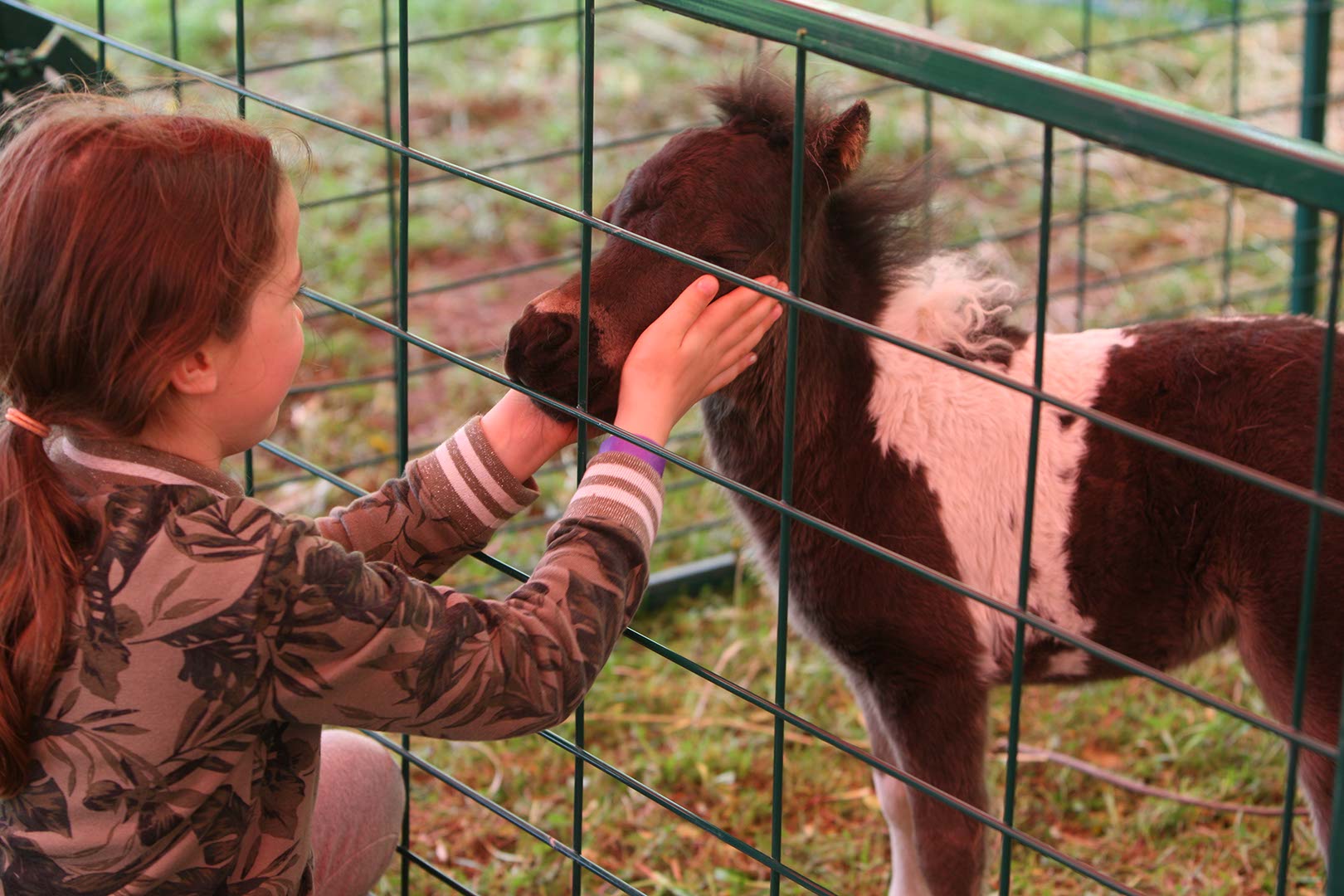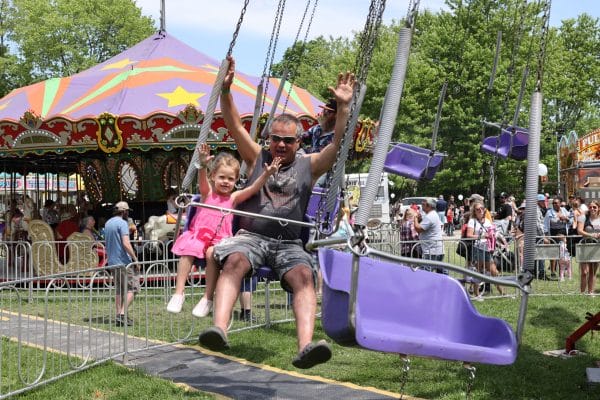Without a doubt the Schomberg Fair was missed this year. COVID-19 has impacted our lives, our community and our fair. You can read just about anywhere in the media outlets about the effects on our mental and physical well being. Us fair members and visitors look forward to this tradition every year. The economic impact will also have a lasting effect on our industry. The important thing is to keep positive and of course stay safe.
Below is an excerpt from an article writtin by By David Rockne Corrigan – Published on May 29, 202 about the state of the fair industry in Ontario.
It’s been 22 years since Cathy D’Alessandro moved from Toronto to Schomberg, a village about 70 kilometres north of the city. Not too long after, the then stay-at-home mom took a job with the Schomberg Agricultural Society that she assumed would involve minimal hours. She was wrong — and the rest, she says, is history: “I completely fell in love with it. My life now revolves around the fair.”
The sights, sounds, and, indeed, the smells of the Schomberg Fair should be filling the air this weekend: midway rides, rodeos, clowns, a demolition derby, a petting farm, and, of course, competitions in crafting, baking, horticulture, and photography. But hosting the fair and the 5,000-7,000 people it was expected to draw was not in the cards for 2020, which was supposed to see the 170th edition of the annual event. “It’s not a risk I was willing to take,” says D’Alessandro. “It’s bittersweet. We did it because it’s the right thing to do.”
The Schomberg Fair is the first event on Ontario’s 2020 fair calendar. This year, it was also the first of many cancellations: as of May 29, 125 of Ontario’s roughly 200 fairs had been scrapped for 2020, according to the Ontario Association of Agricultural Societies, which represents the agricultural societies that host fairs across the province. Vince Brennan, the OAAS’s manager, says he expects that number to grow over the next few weeks, as some holdouts decide to pull the plug.
Stay up to date!“Roughly half of our fairs are in September and October,” says Brennan. “We know there will be more [cancellations] in the next few weeks, but I’m hoping there are fairs that can be held later on into September.” Many fairs — from Providence Bay to Peterborough to Parham — are moving their festivities online.
Agricultural fairs have a long history in Ontario. Some of the province’s oldest — such as the Williamstown Fair (Canada’s oldest; established in 1812), Quinte Exhibition (1821), and the Kingston Fall Fair (1830) — are older than Confederation. Agricultural societies were created to improve agriculture in their regions by providing livestock, seeds, education, and the tools needed to produce food for Ontarians. And, although the fairs have evolved to include Tilt-a-whirls and rodeo clowns, they are still important economic contributors, particularly in rural communities. Admission and competition-entry fees, ticket sales, and concessions all help fill the coffers of local societies, and local vendors get an opportunity to sell their wares and advertise their products. According to the Tourism Regional Impact Model, fairs contributed $700 million to local economies in 2019 (the national figure is closer to $3 billion).
Bev Donaldson, a longtime volunteer and exhibition judge for the Schomberg Fair, says she will miss the camaraderie most: “A lot of our volunteers are here for the week, and that’s it. I don’t see them for the rest of the year. So I’m going to miss them for two years now.”
More important, Donaldson says, is the fact that the hiatus may keep volunteers away for more than just one year. “I’m worried about losing my volunteers. Like, they’re going to say, ‘You know what, I didn’t mind not going to the 2020 fair, and I’m not coming back.’”
This is the broader concern for agricultural fairs across the province, says Brennan. In 2019, volunteers contributed an estimated 1.4 million hours to Ontario agricultural societies. “Volunteers are the backbone of agricultural fairs,” Brennan says. “It’s been a challenge, the last decade or more, trying to get the younger demographics involved.”
But Brennan is choosing to see the silver lining in the cloud of uncertainty that hangs over the 2020 year.
“I see this possibly generating a new group of volunteers,” he says, noting that he’s been seeing many garden-related posts on social media during the shutdown. “I see younger people doing that. I see the plants being grown, the amount of pictures of quilts and creative ideas around short videos. I see a ton of potential.”
Until then, fairs across the province are using the hiatus to reimagine or retool their fairs. Some fairs, such as the Providence Bay Fair on Manitoulin Island, are planning to move to virtual formats — a survey that went out to community members this week asked them what kinds of events they would like to see this year. The fair will also be running its third annual hay-bale structure and front-yard display competition on August 1. Some fairs, though, may not make it to next year: the Canadian Association of Fairs and Exhibitions estimates that as many as one in 10 agricultural fairs will shut down permanently as a result of the COVID-19 crisis.
Canadian senator Robert Black, who served as the executive director of the Centre for Rural Leadership and is a longtime fair-goer, says that fairs are vital to Ontario and to Canadian communities. “Fairs bring people together,” he says. “They are a major economic boost to the community. They provide volunteer opportunities for people aged 12 to 112 and employment opportunities for many, as well. Even small fairs can contribute three-quarters of a million dollars in economic benefit. That’s nothing to sneeze at.”
Brennan hopes that cancelled fairs will come back bigger and better — and perhaps more in touch with their history — in 2021. For Brennan, D’Alessandro, Donaldson, and many others who work with Ontario’s agricultural societies, fairs offer an important opportunity for locals to appreciate where their food comes from.
“It could be something of a reset for our agricultural societies,” he says. “To get away from the midway aspect and the rides and get back to some of the traditions of why ag societies were started — and are still going strong — after 200 years.”




